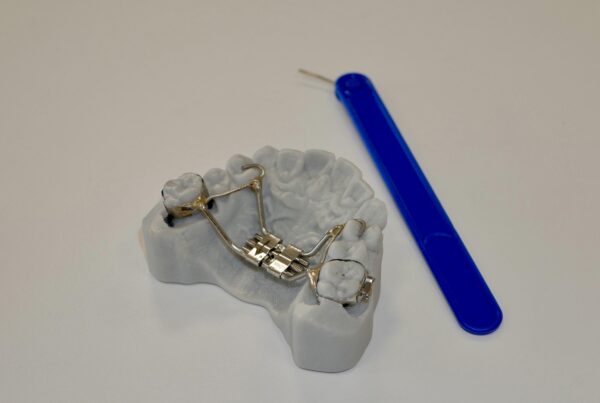Are you an adult thinking about getting dental braces? If so, you’ll be happy to learn that you’re part of a growing trend. The truth is that you are never too old for braces. At Turner Lim, our oldest patience was about 65 years of age. Overseas, particularly in Scandinavia, it’s not uncommon for people to get braces in their 70s.
Many adults, perhaps due to the cost, were unable to get braces during their teens. Also, some may have actually had nice straight teeth in their youth, which have become crooked later in life. You see, teeth are embedded in bone, and bone changes over time.
Why get braces?
Nice teeth weren’t so important 30 – 40 years ago — look at the “shagedelic” Austin Powers! Today, though, people are more aesthetically aware, and they want to look as good as they can. And fair enough, too!
Thankfully, getting braces is easier than it used to be, and you may be surprised by how affordable orthodontic treatment has become. Braces are also comfortable, smaller and less visible than in days gone by.
So, braces are more affordable and comfortable. But, why go to all the trouble?
Well, having a nice smile is great for your self-confidence — it can even benefit your career and social life, according to studies.
There are health benefits, too. For example, even minor crowding can make it difficult to clean your teeth properly, which can lead to decay and gum disease.
Does treatment differ with older patients?
When treating adults, we aim to keep things simple and treatment times down to a year to a year and a half. As you might expect, adults often have dental issues that younger patients don’t such as missing teeth, severe wear or gum disease. Adults’ facial bones have also stopped growing. So, we modify our treatment accordingly.
Issues preventing getting braces
Gum disease resulting in the loss of bone that supports teeth can cause problems. Though gum disease doesn’t necessary rule out getting braces, it does need to be dealt with before we begin treatment. This is because orthodontic treatment works by moving teeth within the supporting bone.
If you suffer from a medical condition such as leukaemia, diabetes or heart-valve disease, we also recommend that you discuss your condition with your doctor or orthodontist. For example, some patients suffering from cancer or osteoporosis are prescribed bone modifying drugs that affect how teeth move.
Did you enjoy this post? If so, please share.


